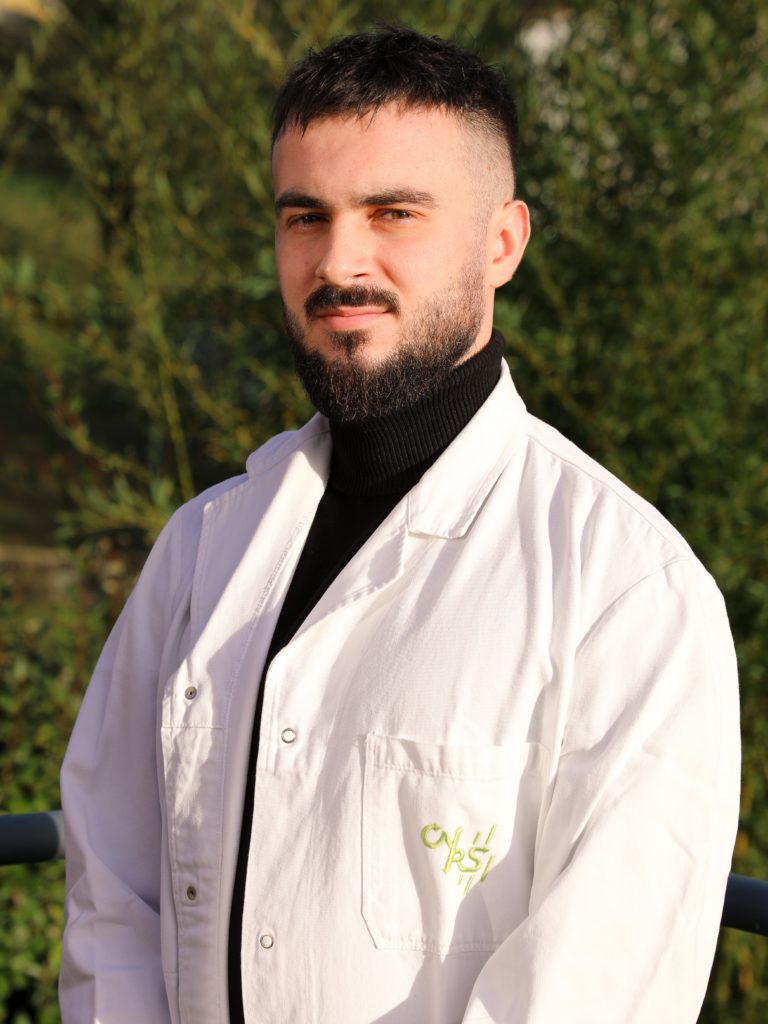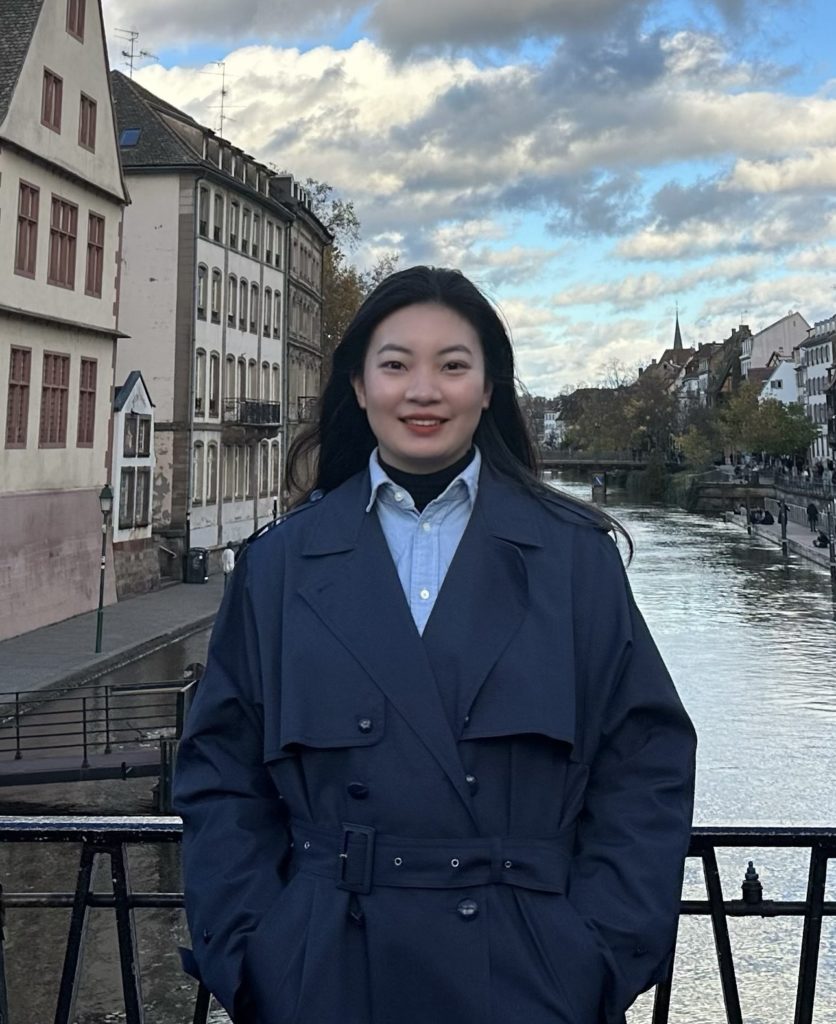A portrait of our newly minted IMCBio PhD researchers
In our fourth edition of Welcome to IMCBio we have portraits from Théo, from France and Lihua, from China.
Théo Markezic – PhD Student – Nina Entelis & Ivan Tarassov’s team, MitoCross, and Pascale Romby’s team, NetRNA
Théo Markezic grew up in Belfort (France) before leaving to complete a higher technician diploma in biotechnology in Haute-Saône, which confirmed his passion for molecular biology through a research project at Chrono-environment laboratory.
“Following this, I decided to do my bachelor’s and master’s degrees at the University of Strasbourg, renowned for the quality of its research in this field”, he explains.
During his master’s degree in Plant, Molecular Biology and Biotechnology, he had work on mitochondrial genome maintenance during the 4 semesters of his master’s via the VegeLab program.
In Septembre 2023, he began his PhD on a new theme: the pervasive and antisense transcription in phylogenetically distant bacteria, E. coli and S. aureus, using experimental evolution approaches. He considers himself “lucky enough” to be carrying out this project in two different Research Clusters (LabEx) in the Tarassov-Smirnov team (MitoCross) at GMGM and the Romby team (NetRNA) at the IBMC under the supervision of Dr. Alexandre Smirnov and Dr. Isabelle Caldelari.
“I chose to join the IMCBio program for the opportunity to train in laboratories and with researchers of excellence in their field. Moreover, the international setting of IMCBio provides an excellent framework for sharing and discovering, both on a human and scientific level”, he concludes.

Lihua Li – PhD Student – Jean-Luc Imler’s team, NetRNA
Lihua Li is a student from Guangzhou (China), having completed her Master’s program in Biochemistry and Molecular Biology at Guangzhou Medical University.
During her master’s research career, she focused on the activation of the cGAS-STING pathway in the model organism Drosophila melanogaster, contributing to the flies’ resistance to viral infection. And her master’ thesis was to identify the endogenous ligand for STING in Drosophila. In this period, she discovered a novel cyclic dinucleotide, 2’3’-cdiGMP, mediates STING-dependent antiviral immunity in flies. This groundbreaking result was published in Immunity in September 2023, which Lihua Li signed as a co-first author.
Her master’s thesis raises the possibility that still other CDNs, or even cyclic trinucleotides as described in bacteria, are produced in animals. Lihua Li would like to investigate this question during her PhD studies. Therefore, she joined the team led by the pioneer in antiviral innate immunity, Professor Jean-Luc Imler, to extend the work initiated during her master’s thesis. Her PhD project is to explore the diverse cyclic dinucleotides across species upon virus infection.
Lihua Li explains that “the decision to join the IMCBio program was driven by its distinguished faculty, advanced research opportunities, and the collaborative learning environment. I am eager to contribute to the scientific community at IMCBio and confident that this program will be instrumental in fostering my growth as a researcher”.

